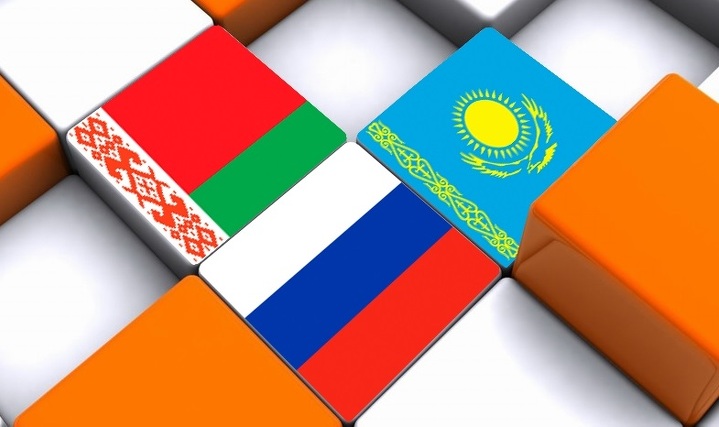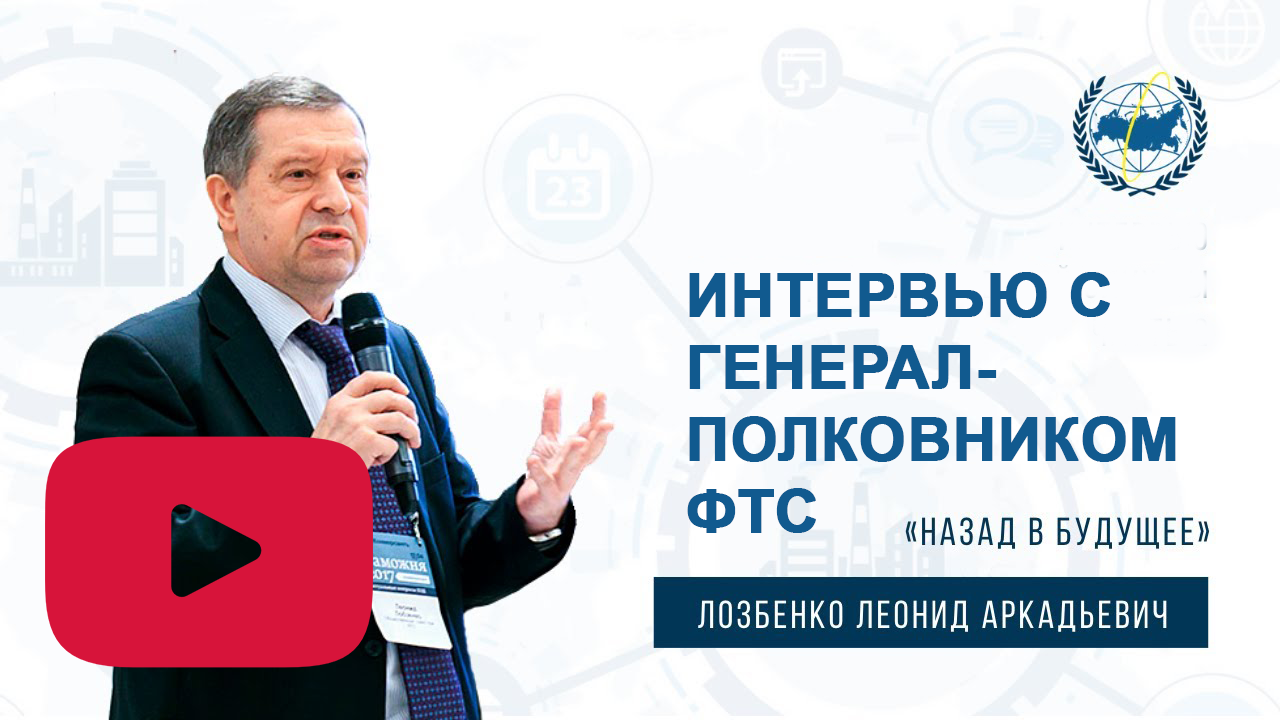The decision on adjusting the rates of the Single Customs Tariff was taken at the Council of the Eurasian Economic Commission (ECE) on June 23. In addition, two technical regulations of the Eurasian Economic Union (EAEC) have been adopted, which will enter into force in 2019 and 2020. The Vice Prime Ministers of the EEA states discussed a number of topics that are significant for the further development of integration processes and the stimulation of the economies of the countries of the Union.
Vice Prime Minister of the Government of the Kyrgyz Republic, Chairman of the Council of ECE Oleg Pankratov noted: “The regular meeting was traditionally held in a businesslike, constructive atmosphere, the agenda was full. This is due to the fact that the Council of the ECE is considering issues that affect the economies of our countries, business development and the quality of life of our citizens. Among the significant topics discussed by the vice-premiers are the traceability of commodity flows and the marking of goods. I can say that we have reached a consensus at the level of the ECE Council and are moving forward. ”
The ECE Council adopted a decision to change the rates of import customs duties in respect of the 472 positions of the ЕN ЕЭС of the foreign trade activities. Thus, Russia’s obligations, which it assumed upon accession to the WTO, will be taken into account.
Earlier, in May 2017, the decision of the ECE Collegium corrected the import customs duty rates for 491 positions.
Today, the Council of ECE discussed the amount of customs duties on goods included in the list of sensitive goods. This number includes various types of equipment installed on vehicles, unmanned aerial vehicles, certain types of aircraft, textiles, other light industry products, fish and seafood, and a number of other products.
In particular, duties on Pacific salmon have been reduced from 4.4% to 3%, on cod from 6% to 5%, on liver and caviar – from 6.6% to 5%, on matches from 11 to 8.8 %, For clothing and accessories, including gloves, mittens and mittens, from 9.2 to 6.5%, for roses from 7 to 5%, for table and kitchen utensils, and refrigerators for 13.6 Up to 12%. Duties on apples, pears, quinces, yeast, doors, windows, various kinds of fabrics, microwave ovens, etc. will also decrease.
The ECE Council adopted two technical regulations – “On the safety of packaged drinking water, including natural mineral water” and “On requirements for fire safety and fire fighting equipment”.
The EAEC technical document “On the safety of packaged drinking water, including natural mineral water” establishes requirements for the production, bottling, storage and transportation of drinking and mineral water. Particular attention is paid to labeling and packaging. The focus of attention in the preparation of technical regulations was consumer safety. In particular, requirements for the used packaging have been introduced. In the marking of drinking water for baby food, for example, information about the basic composition, indicating the elements of the chemical composition, total mineralization, storage conditions and shelf life after opening the container, should be reported.
The EAEC technical regulation “On requirements for fire safety and fire extinguishing means” includes requirements for fire equipment and mechanisms, including fire trucks, fire automatics systems, fire extinguishers, personal respiratory protective equipment. In addition, the requirements for the storage conditions of equipment are formulated. Particular attention is paid to the means of individual protection of the respiratory system and vision. In particular, the protective action time of breathing apparatus with compressed air should be not less than an hour, and with compressed oxygen – not less than four hours.
The ECE Council approved the report on the crediting and distribution of the amounts of import customs duties between the budgets of the member states of the Eurasian Economic Union in 2016. The document will be submitted for consideration to the Eurasian intergovernmental council. The analyzed period showed the effectiveness and adequacy of the mechanism for crediting and distribution of import customs duties, the authorized bodies of the Member States ensured compliance with the procedure for the distribution of import customs duties between the countries’ budgets.
In the revenue structure of the member states’ budgets for 2016, revenues from import customs duties do not exceed 5%, except for the Kyrgyz Republic, in which revenues from import customs duties formed 11.3% of the revenue of the republican budget. In the Republic of Armenia they make up 4.6%, in the Republic of Belarus – 5%, in the Republic of Kazakhstan – 3.1%, the Russian Federation – 4.2%.
The members of the Council of ECE discussed issues on topics that are significant for the further development of integration processes and stimulation of economies of the countries of the Union.
In particular, the Agreement on the mechanism of traceability of goods within the framework of the Eurasian Economic Union is considered. Particular attention was paid to the development of accounting and control mechanisms. The members of the Council of ECE noted that their implementation should not lead to new barriers and obstacles in the internal market of the Union. In addition, it was noted the need to put in place an integrated information system of external and mutual trade of the EAPS, through which member states will exchange the necessary information.
On the issue of introducing the marking of goods with means of identification, the members of the Council came to a common position – the development of a labeling system should be carried out within the framework of a single legal framework. In the opinion of the Vice Prime Minister of the Government of the Kyrgyz Republic, the Chairman of the Council of ECE Oleg Pankratov, “it is critically important to ensure the combination of all the technologies used, the so-called reciprocity. This will avoid the appearance of additional barriers for the free movement of goods. ”
A working group has been established, which includes ECE ministers and members of national governments. In its work will be attended by industry experts. Technical issues of the methods of identification, methods of information exchange and the formation of a regulatory legal framework will be discussed. “I am sure that the members of the working group will be able to solve the tasks set before them and develop effective proposals aimed at introducing the marking of goods with means of identification,” Oleg Pankratov stated.
Members of the Council of the Commission discussed issues of the international agenda. In particular, the UNECE Minister for Trade Veronika Nikishina informed about the negotiations on the signing of an interim agreement leading to the formation of a free trade zone with Iran and the current situation on the negotiations with other countries – China, Singapore, India and Israel. The participants of the intensive dialogue with the Iranian colleagues from the part of the EEA by the end of the summer should remove the last questions and begin preparations for signing the agreement before the end of 2017.
Source: tks.ru





